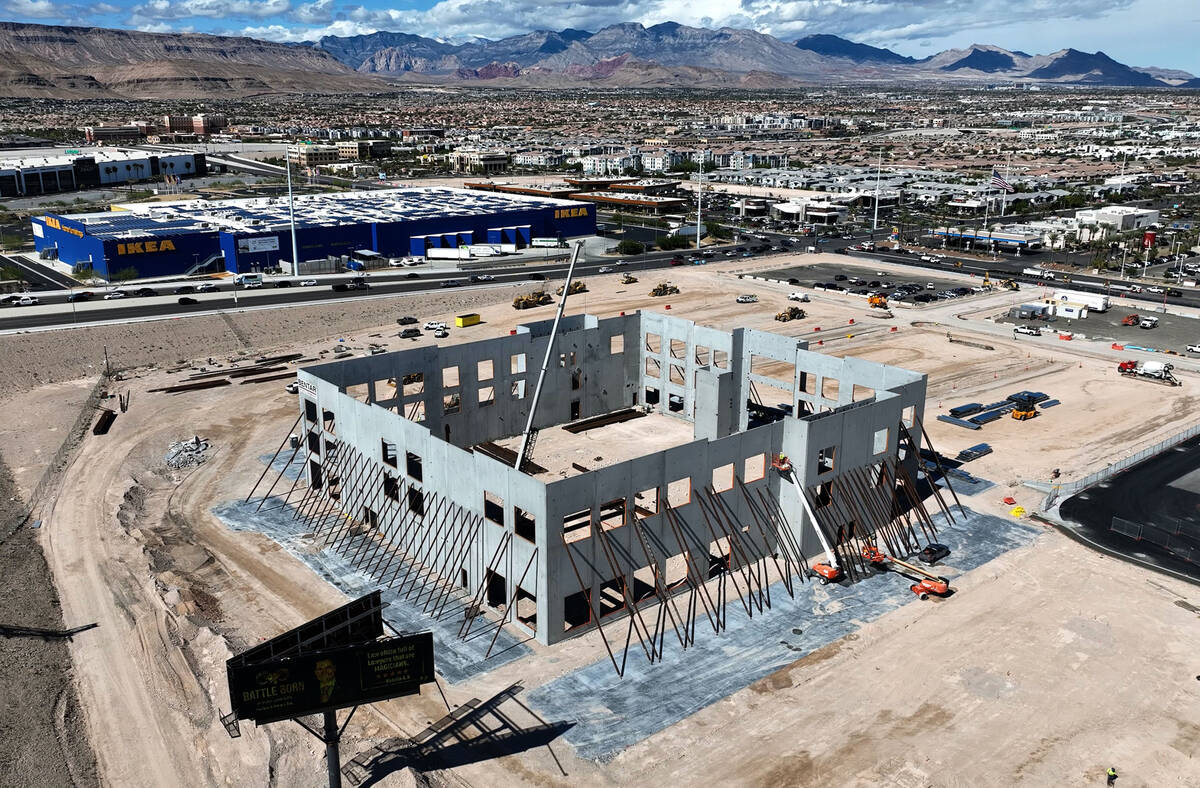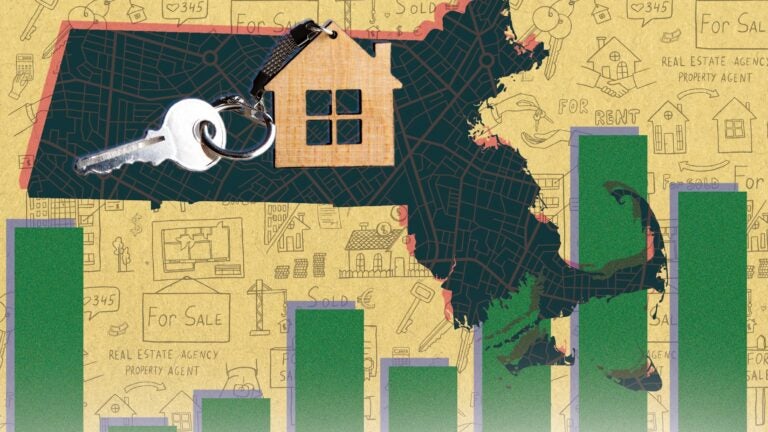T
he CNBC Property Play newsletter, co‑authored with Diana Olick, first ran this piece. Property Play delivers fresh insights for every type of real‑estate investor—from individuals to venture capitalists, private equity, family offices, institutional players and large public firms. Sign up to get future editions straight to your inbox.
Crypto entered the residential market about ten years ago, with the first bitcoin‑financed home sale sparking headlines. Initially, buyers simply used the currency to purchase a property and then converted the proceeds back into dollars. Today, digital assets are increasingly employed as leverage. Lenders such as Propy accept crypto as collateral for both residential and commercial loans, allowing buyers to keep their holdings while still acquiring property. Because cryptocurrencies typically outpace the housing market in appreciation, investors prefer to retain them.
While crypto can fund commercial real‑estate purchases, the broader industry is only now beginning to embrace the underlying blockchain technology. “Commercial is on the brink of fully adopting it,” says Tony Giordano, founder of the Opulent Agency and a pioneer in crypto‑enabled real‑estate transactions. Giordano, a luxury broker who first taught his peers how to buy and sell with bitcoin, now explores blockchain’s impact on commercial deals. He predicts that within a decade the entire sector will operate on the blockchain, noting its immutable, secure nature. “It’s like a massive virtual filing cabinet,” he explains, “where titles, deeds, mortgage bonds, and even cryptocurrency records can coexist indefinitely.”
A Deloitte study highlights how blockchain can reshape core CRE operations—smart contracts can streamline purchases, sales, financing, leasing, and management. Over time, the technology could link to public utilities, enabling smart parking, waste, water, and energy billing, and support data‑driven city governance.
Tokenization is one of the most promising blockchain applications for CRE finance. By converting property ownership into digital tokens, investors can hold fractional stakes and trade them more easily. Although U.S. citizens are still barred from investing in tokenized U.S. real‑estate due to regulatory constraints, international investors can participate. Deloitte’s April report on tokenization projects that the sector could generate trillions of dollars in economic activity over the next decade by broadening its investor base and product offerings. It projects that by 2035, roughly $4 trillion of real‑estate assets will be tokenized, up from less than $300 billion in 2024.
Beyond tokenization, Giordano points to BV Innovation, a blockchain platform that issues transferable mortgage bonds for both commercial and residential financing. Its AI‑driven software enables lenders to shift existing loans—along with their interest rates—from one property to another. AI conducts risk assessments on the new asset, giving banks confidence that the loan remains sound. Property owners avoid the hefty prepayment penalties that usually accompany commercial real‑estate sales, freeing up capital to invest elsewhere. Giordano simplifies the concept: “If you have a 4.5 % rate on a $20 million loan and a seven‑year prepayment penalty that would cost $4 million, the AI and blockchain let you transfer that rate to a new property without the penalty. The owner sees a secure, blockchain‑backed transaction, while the bank benefits from a seamless loan transfer.”
Property Play continues to explore these evolving opportunities. Subscribe now to receive weekly updates directly to your inbox.













